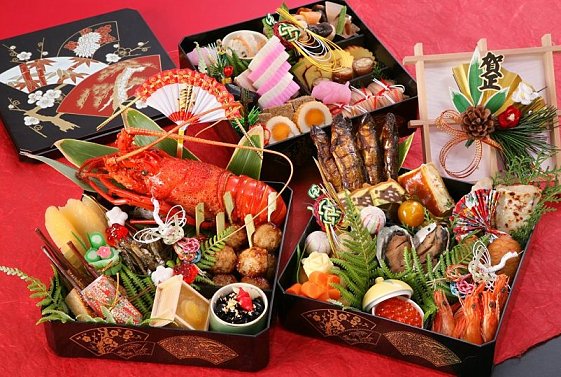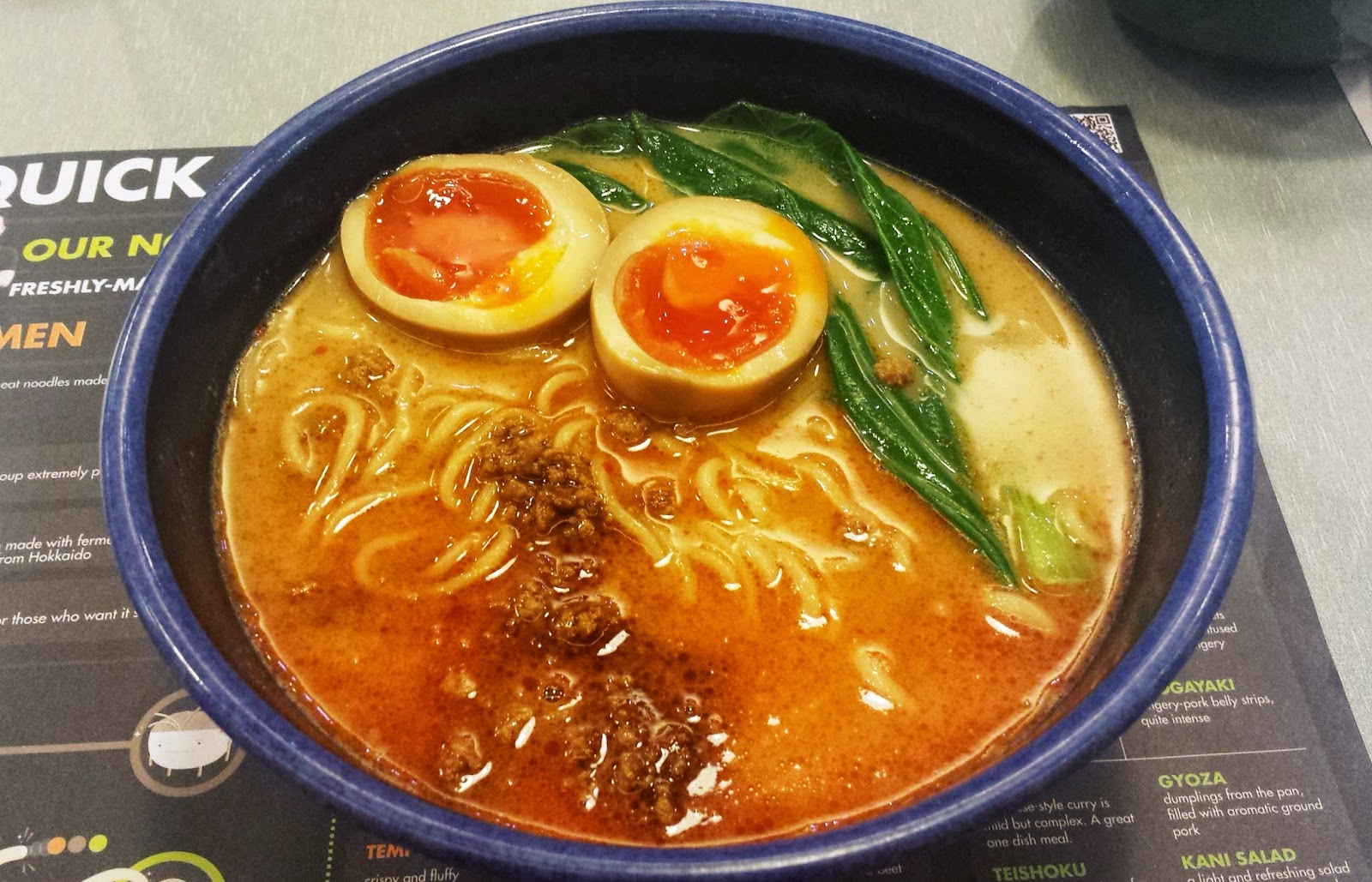
New Year’s Eve, Japanese people will eat traditional dishes with the desire for New Year’s luck, health and success.
As New Year is a very important holiday in Japan, everyone will have a holiday to gather family in the early days of the year, welcome the sunrise on New Year’s Day 1/1, go to bridge temple Peace of mind for the family and indispensable traditional meals full members. Early-morning cuisine not only preserves the traditional culture but also expresses the desire for a healthy new year, health and peace.
Moshi Koshi Noodles for long-term health
On the eve of the Japanese New Year often eat soba noodles with the desire to have longevity and health as long as the long noodles. In addition to the beautiful meaning that it is a real meaning rather than want the wife to cook a simple dish to them to rest after a busy year to cook fancy dishes for the whole family. It is thought that if even missed a soba noodles also cause him to meet the risk in the new year.
Soba noodles are made from rice flour and barley flour, boiled noodles served with soy sauce, horseradish roots and Nori seaweed chopped. Boiled noodles will not be discarded but will be consumed at the end of the meal. In addition, soba noodles are also served with broth with different ingredients. Noodles are also different, such as Kitsune Soba, Tanuki Soba and Tsukimi Soba.

Osechi ryori for the entire Tet holiday
The special feature of Osechi ryori is that it consists of many dishes arranged and presented neatly in boxes like Bento boxes. Osechi boxes will be made before the new year because during the Tet holidays, women will not cook.
Osechi ryori consists of 3 boxes stacked on top of each other. Each floor will feature dishes with both salty and sweet food.
Each dish of osechi meal has special meaning to welcome The New Year’s Eve.